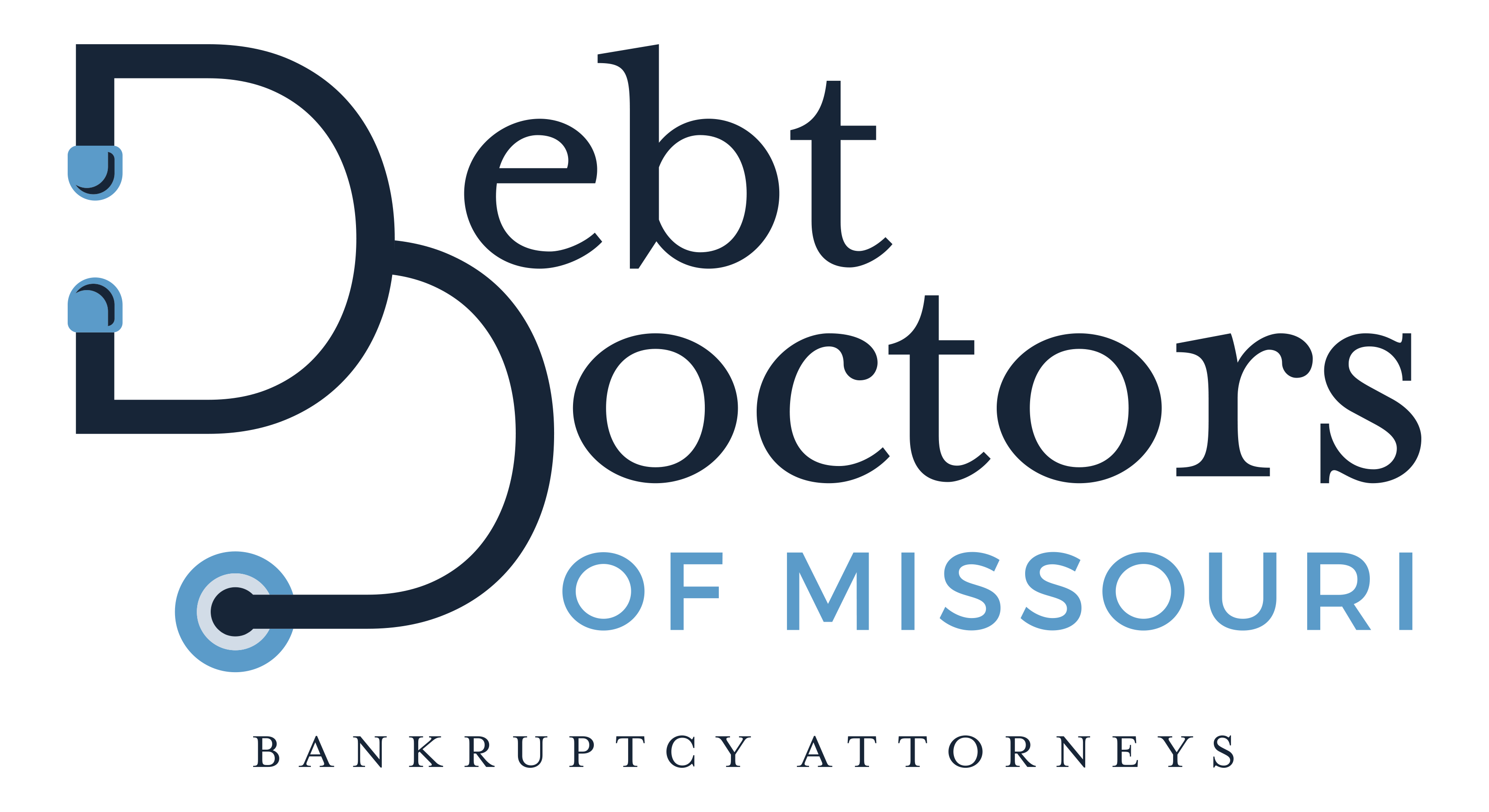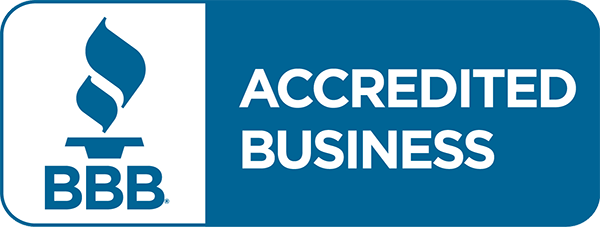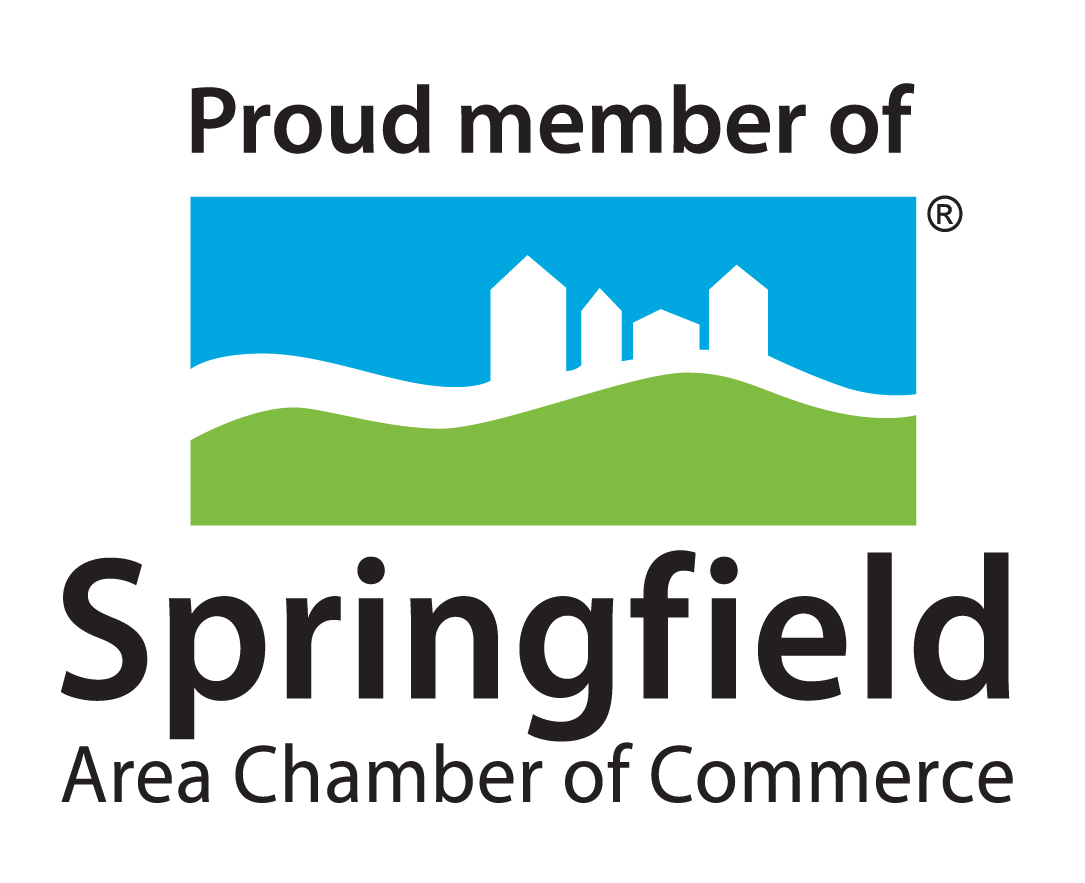Debt can feel like a heavy weight, impacting your financial well-being and emotional security. If you're struggling with overwhelming debt in Missouri, bankruptcy may be a viable option to achieve a fresh financial start.
However, navigating the legalities of bankruptcy can be confusing, especially when it comes to understanding which debts can be eliminated. At Debt Doctors in Missouri, we are here to help. Learn more about dischargeable and non-dischargeable debts in Missouri bankruptcy, and make more informed decisions about your financial future.
The Bankruptcy Landscape in Missouri
There are two main types of consumer bankruptcy filings in the United States: Chapter 7 and Chapter 13. Missouri follows federal bankruptcy laws, and the specific debts dischargeable in each chapter differ.
Chapter 7 Bankruptcy
Often referred to as "liquidation bankruptcy," Chapter 7 allows for the discharge of most eligible debts. The court appoints a trustee who liquidates your non-exempt assets (those not protected by law) to pay back creditors to the extent possible.
Dischargeable Debts in Missouri Chapter 7
Chapter 7 offers a path to eliminate a significant portion of your debt burden. Here are some of the common debts dischargeable in a Missouri Chapter 7 filing:
- Credit Card Debt: This includes unpaid balances on credit cards, department store cards, and gas station cards.
- Medical Bills: Unpaid medical expenses from hospitals, doctors, and dentists are generally dischargeable.
- Personal Loans: Unsecured personal loans from friends, family, or banks can be eliminated through Chapter 7.
- Deficiency Balances: If your car or other repossessed collateral is sold for less than the loan amount owed, the remaining debt (deficiency balance) can be discharged.
- Most Unpaid Utility Bills: Delinquent electric, gas, water, and trash removal bills can typically be eliminated.
Important Exceptions in Chapter 7
While Chapter 7 offers relief for many types of debt, there are some key exceptions in Missouri:
- Student Loans: Federal and private student loans are generally not dischargeable in Chapter 7 bankruptcy.
- Child Support and Alimony: Court-ordered payments for child support and spousal maintenance remain your responsibility even after filing for bankruptcy.
- Tax Debt: Most federal and state income taxes, as well as penalties and interest accrued, cannot be discharged in Chapter 7. Exceptions may exist for specific situations, so consulting with a bankruptcy attorney is crucial.
- DUI-Related Fines: Fines and penalties associated with driving under the influence (DUI) are not dischargeable.
- Recent Luxury Goods: Debts incurred for luxury goods purchased within a specific timeframe (typically 90 days) before filing may not be dischargeable.
Chapter 13 Bankruptcy
This option involves creating a court-approved repayment plan that lasts 3-5 years. During this period, you make monthly payments to a trustee who distributes the funds to your creditors. Once the plan is completed, any remaining eligible debts are discharged.
Understanding Chapter 13 Dischargeable Debts
While Chapter 13 involves a repayment plan, it also offers the opportunity to discharge certain remaining eligible debts after completing the plan. The types of dischargeable debts in Chapter 13 are generally the same as those in Chapter 7, with some exceptions:
- Partial Discharge of Certain Tax Debts: In some cases, Chapter 13 may allow for a partial discharge of tax debt that accrued over a specific period determined by the court.
Seeking Professional Guidance
The decision to file for bankruptcy is significant and requires careful consideration. The Debt Doctors can help you navigate your options and determine the best course of action for your financial situation.
We recommend consulting with an experienced bankruptcy attorney in Missouri to discuss your specific circumstances and the types of debts you can eliminate through bankruptcy.
Get A Fresh Start with The Debt Doctors
While bankruptcy can eliminate certain debts, it's crucial to understand its impact on your credit score. Filing for bankruptcy will appear on your credit report for several years, potentially hindering your ability to obtain loans or credit cards in the short term.
At The Debt Doctors, we recognize that achieving financial wellness goes beyond just debt elimination. We offer a comprehensive approach to financial recovery, including:
- Credit Counseling: Our certified credit counselors can help you develop a personalized budget, create a debt repayment plan, and negotiate with creditors to lower your interest rates.
- Financial Education: We provide educational resources and workshops to empower you with the knowledge and skills needed to manage your finances effectively. You'll learn about budgeting, responsible credit card use, saving strategies, and building wealth over time.
Ready to Take the First Step?
If you're overwhelmed by debt and considering bankruptcy, you're not alone. The Debt Doctors are here to help. Schedule a free consultation with one of our compassionate and experienced advisors. Together, we can explore your options, determine the best course of action for your situation, and guide you on the path towards financial freedom.
It is crucial to keep in mind that bankruptcy may be a tool for debt relief, but building a secure financial future requires ongoing commitment and strategic planning. The Debt Doctors are here to support you every step of the way.
Contact us today and take the first step towards a brighter financial future.




